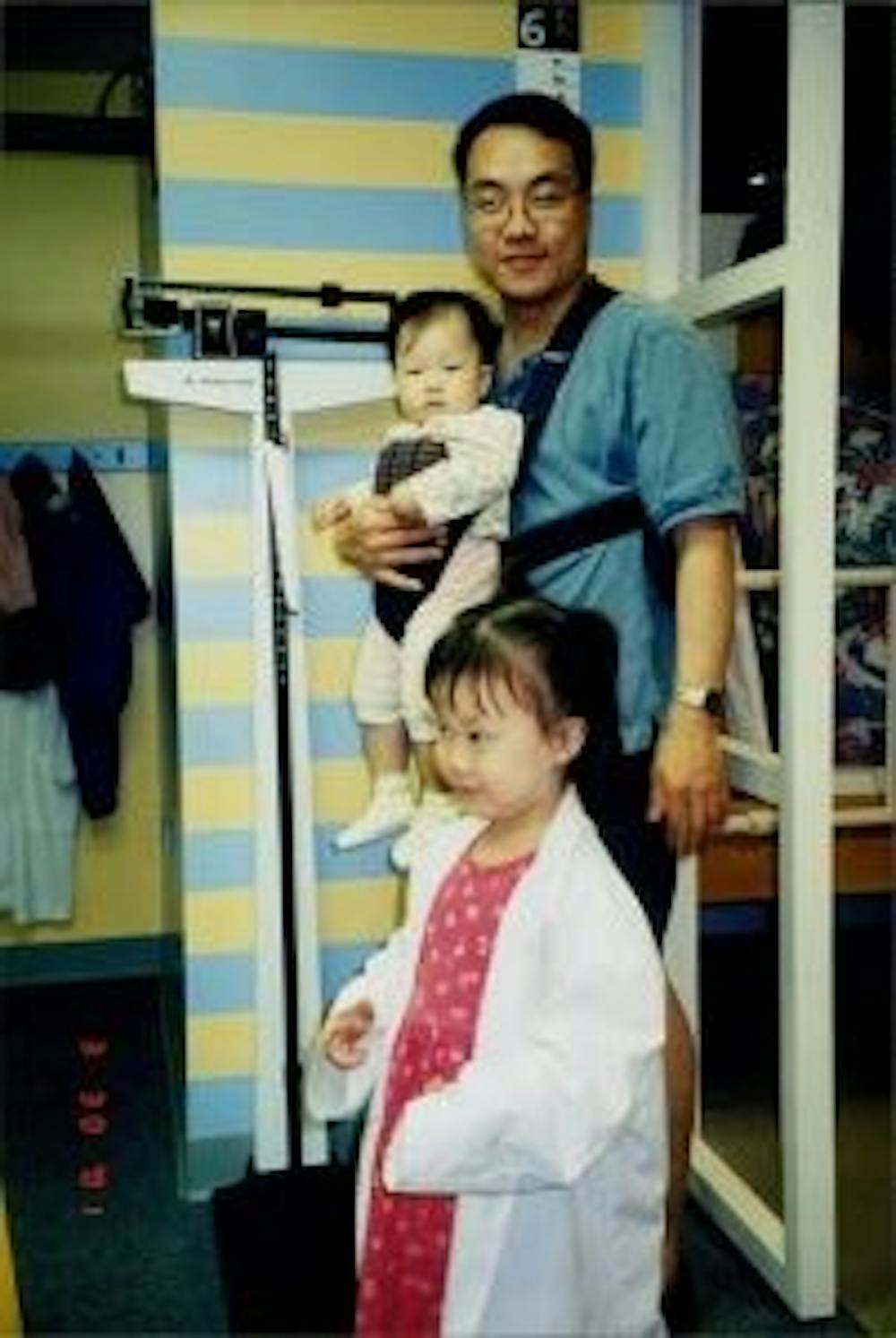You’ll know it when you see one. We sit in the front row of every class, answer every (rhetorical) question, flood review sessions and the 6 p.m. JHMI shuttle and follow professors around like lost puppies until we’re sure they’ll write us a letter of recommendation. Hopkins is our battleground, and we are feared and despised by our peers and faculty alike.
If there’s anything to be said about Hopkins pre-meds, it’s that we have a plan. I’m not just talking about the color-coded excel sheet with our four-year course load we made summer before freshman year. Most of us have outlined every aspect of our careers, from coursework to extracurriculars, internships and beyond.
With meticulously written resumes and overly practiced interview answers, we throw ourselves at every opportunity we can, flocking to homeless shelters, oncology labs and hospital wings.
When I first came to Hopkins, I can’t say I was any different. After all, I sacrificed sunny California weather for the 80 percent acceptance rate our pre-med advising handbook boasts. Like many Hopkins premeds, I didn’t want to be different; I just wanted to be at the top. I took physics and organic chemistry, started working in a microscopy lab, volunteered to teach middle school girls science, applied to Women’s Pre-Health Leadership Society (WPHLS) and shadowed doctors.
It was impossible not to compare: a lab partner who boasted first-author positions in two publications, a club member who had been accepted into an extremely prestigious summer program, a classmate who was rumored to have a perfect MCAT score. Constantly surrounded by people who always seemed to be one step ahead, I wondered what I could add to my own resume to compete.
It wasn’t until I read the New York Times article “The Dog-Eat-Dog World of Applying to Med School,” however, that I realized being a pre-med had consumed me. Written by a current medical student, the article delves into the “unwritten requirements to becoming a med-school matriculant” and the lengths students are willing to go to in order to fulfill these requirements.
Through the author’s description of “fellow student rivals” and a “jaded state-of-being,” I saw myself at the center of this pre-medical paranoia.
Like the author of the article, I really did enjoy the clubs I had joined, the classes I had taken and the shadowing opportunities I had taken advantage of. But even so, I decided to participate in all these activities because, at the back of my mind, I knew I was fulfilling the duty of being a good pre-med student. When was the last time I did something for myself? What would happen when I erase “pre-med” from my identity a couple years down the line?
I decided then that I would start to consider and pursue the hobbies I had pushed away, even if it meant falling further from being the ideal pre-med. The next morning, I dusted off my camera and embarked on a project I had always wanted to initiate but never thought I had time for: Humans of JHU.
The Facebook page I started, modeled after Humans of New York, now has over 1,500 likes, and the hours I spend getting to know random people on campus are some of the highlights of my week. The project isn’t scientific research or clinical volunteering, but it’s something I genuinely love.
I made other little changes in my life, dropping my research position the microscopy lab I had little interest in and applying for an editor position on The News-Letter. I did things like taking a random anthropology class because the topic looked interesting, TA-ing a statistics course because I love standing in front of a classroom and just picking up a good novel because I had forgotten what it was like to read for fun.
Establishing myself as more than just a pre-med is a conscious effort. There are parts of me that will forever fit the stereotype: my double major in Biology and Neuroscience, my competitive spirit and my extremely Type A personality.
And while it might have been the reason I came to Hopkins in the first place, I no longer let “being pre-med” define my identity. Now, when I introduce myself to others, I might start with my passion for photography, interest in art and typography or my genuine love for building relationships with others.
I’m not saying that I leave out my aspirations to become a doctor, but I’ve realized that defining my identity as a pre-med shouldn’t be a grade in organic chemistry or a checklist of community service and research positions. Instead, I’m focusing more on investing in myself and the things I’m most passionate about and working to build relationships with the people around me.
After all, those are the traits that make a good doctor.

















